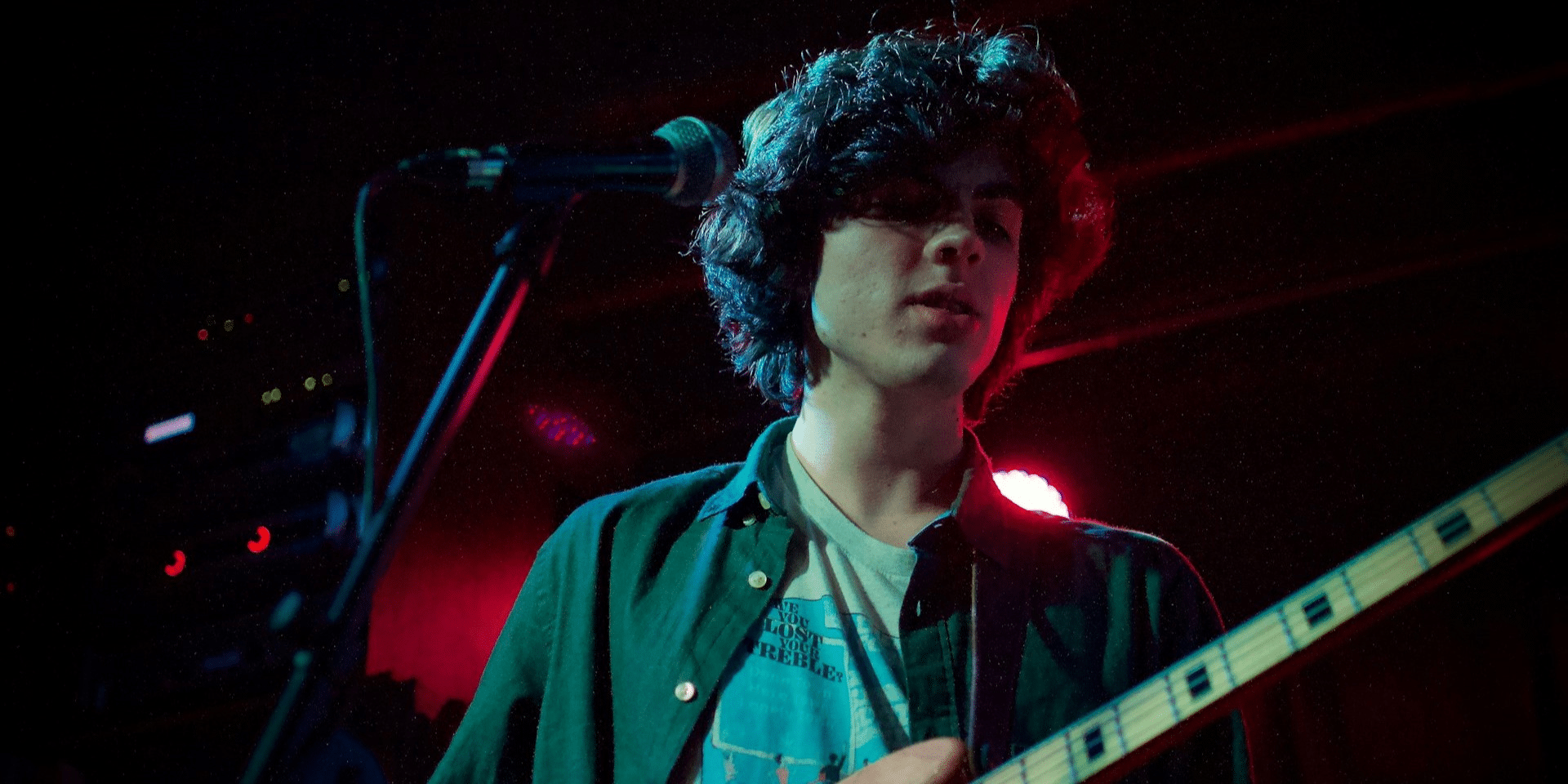The year is 2022, and the US performing arts industry is still at a loss after the entrance of the COVID-19 pandemic into the world. Many performing arts institutions have reopened but succumbed to underwhelming patron attendance due to COVID outbreaks and shutdowns. The economic impact of the Covid-19 pandemic on the arts and culture industry across the U.S. has amounted to $4.5 billion, according to a survey by the nonprofit Americans for the Arts. The survey also stated that the number of lost audiences added up to more than 55 million, with an average estimated decrease in revenue from admission tickets standing at $34,129 for each institution. Washington, DC’s Dissonance Dance Theatre (DDT), the only nationally-recognized Black-Managed contemporary ballet company between New York City and Atlanta, understood this reality as it finished its Philadelphia premiere in January of 2020. Shawn Short, DDT’s Founding Director, and Principal Choreographer saw the remainder of DDT’s 13th artistic programming season come to a halt. With new business strategies and creativity, Short is trailblazing as he moves his organization forward through on-demand and subscription platforms.
Washington, DC’s Arts Scene
Like most cultural areas, Washington, DC has an arts industry sector composed of performing and visual arts entities. According to the DC government’s Creative Economy Strategy for the District of Columbia report, the creative economy sector comprises approximately 16% of DC’s overall economy with more than $455 million in annual expenditures. As larger arts organizations ($500k budgets or more) have allotted funds for PPE and additional staff to manage COVID protocols, alas many mid and smaller organizations (even with minimal grant funding provided) still struggle for visibility and operation stability. This is extremely the case with Black and Brown organizations. Ngoma Center for Dance, the parent organization for Dissonance Dance Theatre, represents one of the five DC Black dance organizations remaining – there were 37 originally since 1932.
Creating A Social Business
Without visibility, there is no business. As many arts organizations navigate their progress toward full operations, many are faced with the reality that relying on past patron and student mailing lists may be futile in building revenue as many public spaces have seen minimal attendance still. Short, a native to the DC area, is a maverick in his thinking. With Ngoma Center for Dance experiencing a major lag in its programming due to COVID, Shawn considered this a great time for Ngoma staff’s professional development, and for Ngoma to increase its social media engagement. Revamping and positioning artistic and operational staff, Short allotted for the training of stage performing artists to receive training in social media marketing, content writing, and design – providing new ways to employ dedicated contractors.
Inclusivity Today, Not Tomorrow
Diversity and inclusion programs and projects are spawning across the United States organizations and commercial businesses. Yet, there are still very few opportunities for small or mid-size Black-managed organizations to receive grant funding for expansion. Shawn builds programs on his spirit of community and arts engagement. Ngoma Center for Dance, under Short’s leadership, has formerly produced DC’s only Black dance festival (Black Dance Festival DMV), and the annual production Black to Silver: A Black LGBT Experience. With COVID now present Ngoma has begun to increase its ability to present dance, but tell stories that represent the communities they serve – through the lens of film.
The Future is Streaming
Faced with the possibility of tv streaming and on-demand video as the new platforms for producing dance content and reaching new audiences, Short has taken the initial steps to become a trailblazer in his sector. Recently completing tv and film certifications in film development and finance, sound, trailer, and feature-length film editing, distribution, and advanced Adobe suite software techniques Shawn transformed his understanding of the industry. A New York University Tisch Film School alumnus of their newest certificate program, Short understands further the need for digital representation of his organization’s content; producing web series, and short films in lieu of DDT’s annual four to six production theatrical seasons.
Currently utilizing Vimeo, an American video hosting platform, Ngoma has begun to develop revenue streams through Vimeo’s On-Demand service. Short plans to move Dissonance Dance Theatre’s season to a mix of films and one-night-only theatrical performances starting in late 2023. With the excitement and resources of Ngoma’s newest program – Ngoma FilmWorks – in partnership with DC small-business Dog Bark Media LLC, Short, and his team are working to build an application that will host digital and film content for subscribers on FireTv, Roku, Hulu, and mobile devices. The application is slated for launch in 2024. There is a dance entertainment streaming app called Marquee TV, that provides a majority of its content from European dance and opera companies – there isn’t a competitive US version featuring a large Black and Brown content catalog as of February 2022.
For the most part, Shawn Short is not sitting still, and waiting for COVID to go away. With new business strategies and creativity, he is trailblazing a path that will move his organization with great momentum through new film and digital innovation utilizing on-demand and subscription platforms. The future is now and streaming seems to be the way, even for dance.















